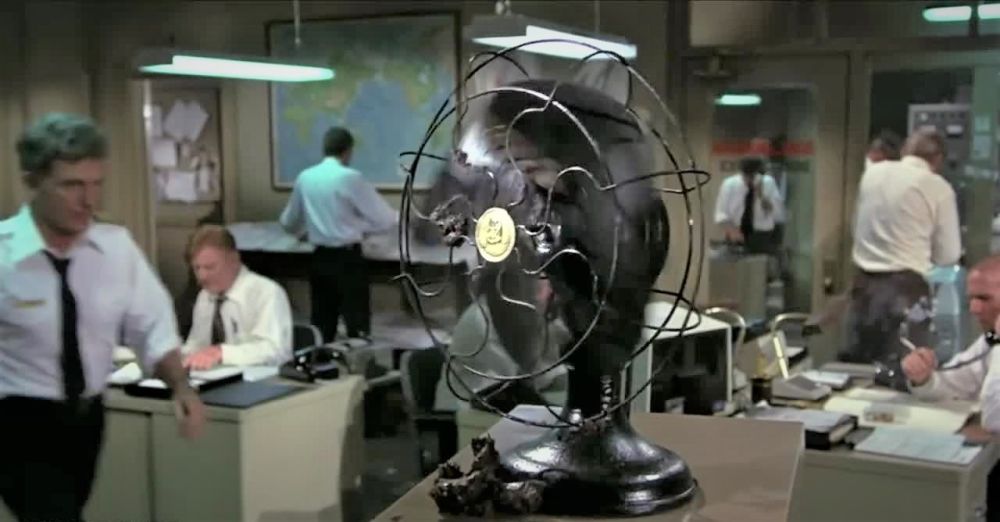Unless you are a Fishite you really don’t need this (you don’t need it if you are a Fishite either, come to think of it): there are any number of impassioned essays on this topic on LinkedIn from modernisers who are tearing their hair out about what seems so obvious — so apologies if this seems cursory.
- Everyone’s busy. No-one has time for deep textual analysis. We are submerged to the throat in text. There is far more than anyone can expect to read. If you want yours read, keep it to the point. (A cynic would say, of course, a negotiating lawyer doesn’t necessarily want hers read: if her harried counterpart misses her clever liability-allocating constructions, so much the better.)
- If it is too complicated, it will go to the lawyers. When it comes back, it will be worse. And it will be two weeks later.
- Your clients — whom the language effects — have a better chance of understanding it. If they can understand it, they can check it makes sense.
- In the unlikely event some “ordure coincides with a desk-mounted air-conditioning system” some years down the track, you will be grateful your predecessor made an effort to keep it short and clear.
- Generalities and principles are a lot easier to weasel out of and argue the toss over than dense catalogues.
See also
